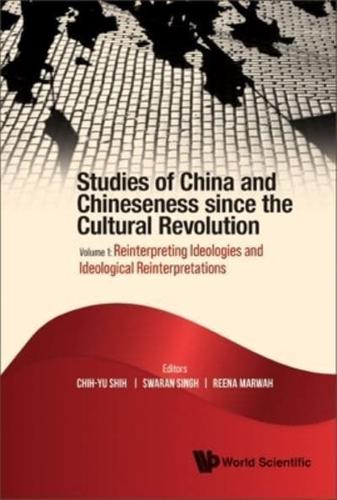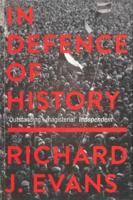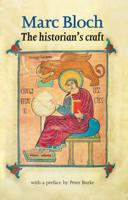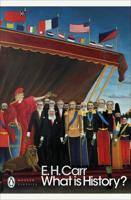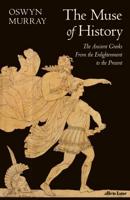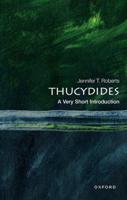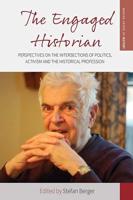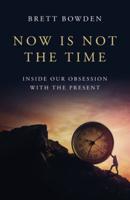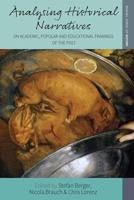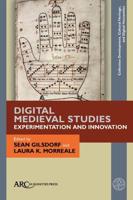Publisher's Synopsis
Studies of China and Chineseness since the Cultural Revolution Volume 2: Micro Intellectual History through De-central LensesWhy have the influences of the Great Proletarian Cultural Revolution (roughly 1966-1976) in contemporary China been so pervasive, profound, and long-lasting? This book posits that the Revolution challenged everyone to decide how they can and should be themselves.Even scholars who study the Cultural Revolution from a presumably external vantage point must end up with an ideological position relative to whom they study. This amounts to a focused curiosity toward the Maoist agenda rivaling its alternatives. As a result, the political lives after the Cultural Revolution remain, ulteriorly and ironically, Maoist to a ubiquitous extent.How then can we cleanse, forget, neutralize, rediscover, contextualize, realign, revitalize, or renovate Maoism? The authors contend that all must appropriate ideologies for political and analytical purposes and adapt to how others use ideological discourses. This book then invites its readers to re-examine ideology contexts for people to appreciate how they acquire their roles and duties. Those more practiced can even reversely give new meanings to reform, nationalism, foreign policy, or scholarship by shifting between Atheism, Maoism, Confucianism, and Marxism, incurring alternative ideological lenses to de-/legitimize their subject matter.
